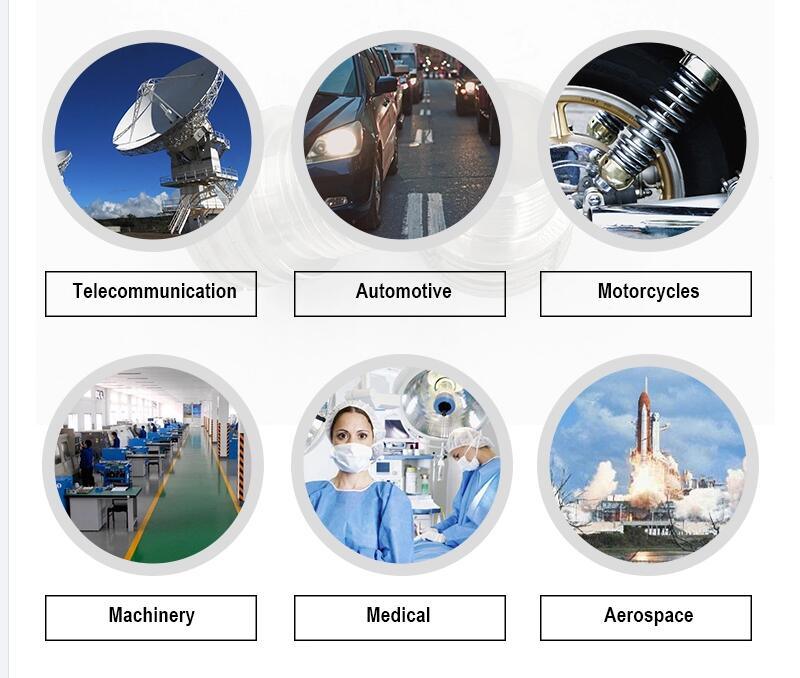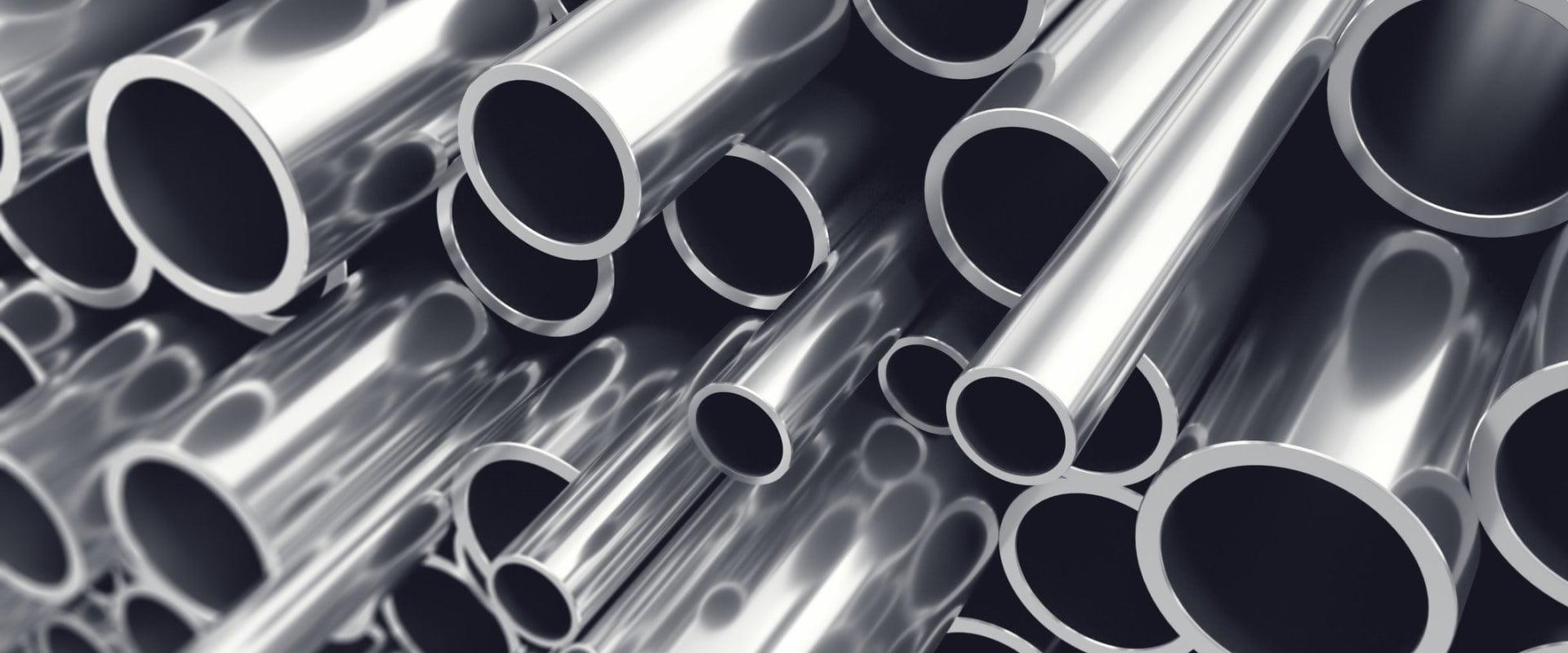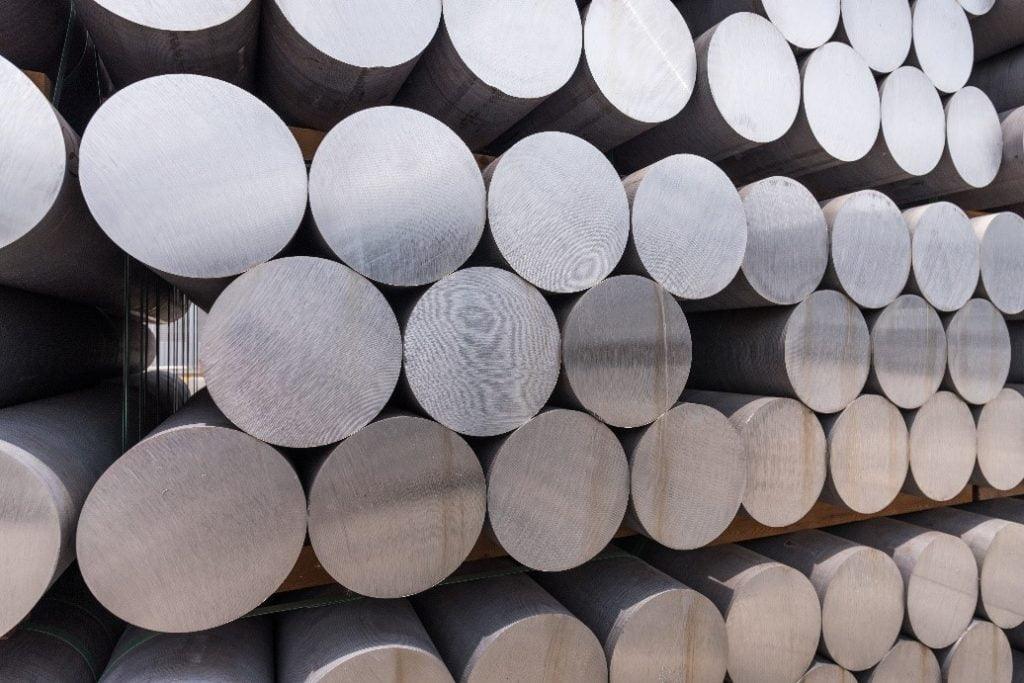
Despite its widespread use in cutting-edge technology and great monetary worth due to its exceptional qualities, titanium is not formally classified as a precious metal. Gold, silver, and platinum are examples of precious metals. These are uncommon, naturally occurring metals with great monetary and cultural worth.
Titanium is expensive because of its biocompatibility, high strength-to-weight ratio, and corrosion resistance; it is not as uncommon as gold and platinum. Because of its exceptional qualities, it is in great demand across various industries, including the military, medical, and aerospace sectors.

Nonetheless, it should be noted that the standards and circumstances in question may cause the meaning of a “precious metal” to change.
Depending on the context, titanium’s worth and significance in some sectors could lead to its classification as a valuable metal.
On the other hand, titanium does not have the same luster as more traditional precious metals like silver, platinum, and gold.
The metal choice is crucial when making investments or jewelry. Titanium and tungsten may pique some interest, in contrast to the generally accepted metals of silver, gold, and platinum.
Do they also fall within the category of metals? Are they profitable to invest in? Learn about titanium’s properties and the opportunities it presents in this article.
Is It Possible to Wear Titanium and Tungsten Jewelry?

To begin discussing titanium’s metal categorization, one must grasp the reasons behind the preference for specific metals while making jewelry.
Because of its luster and malleability, both silver and gold have always been preferred. Nevertheless, there are good reasons why tungsten and titanium have become increasingly common in the last few years.
Longevity: Tungsten and titanium are incredibly durable metals. Because of its incredible strength-to-weight proportion, titanium is famously resistant to degradation, rust, and scratches. The fact that tungsten is almost impossible to scratch adds to its reputation for longevity.
Hypoallergenic Qualities: An extra perk of tungsten and titanium. Because of this, they are an excellent choice for those with delicate skin or who are allergic to metals.
Weight: Titanium is an excellent material since it is solid and lightweight. Tungsten is bulkier than titanium. The fit is still delightful.
Attractive: Jewelry made of titanium and tungsten often has a popular manufacturing aesthetic among modernists.
Remember that, unlike gold and platinum, tungsten and titanium are not considered precious metals.
Is Titanium a Precious Metal?
The answer is no; titanium is not a precious metal. Is titanium a good investment? Investing in precious metals like silver and commercial metals, including titanium, is very different.
Titanium stands out from the crowd because of its predominant usage in aviation and healthcare applications. The need for corrosion-resistant materials is a crucial indicator of their significance in these sectors.
Titanium is a valuable material; it must be manufactured in exact facilities with very regulated circumstances to guarantee high-quality goods with maximum performance.
Some grades, for instance, call for melting points of up to 3000°C! Titanium is expensive to produce because of this, but it is necessary if you want your product to have first-rate outcomes.
Production of Titanium Metal

With an annual output of more than 200,000 metric tons, China far surpasses all other producers of titanium. The US, Japan, and Russia are also major suppliers of titanium. France, Germany, and the UK are three of Europe’s most essential titanium exporters.
Several steps are involved in the manufacturing of titanium, beginning with mining the ore and continuing with reducing the rock to titanium dioxide. Then, the Kroll process reduces the titanium dioxide in the ore to titanium metal.
As a dealer, you should know that titanium is continuously rising due to the need for lightweight, high-strength products in various sectors. Titanium is used for engines, airframes, and other parts in the aerospace sector, which ranks among the top users of the metal owing to its strength-to-weight ratio.
Putting Money Into Titanium
The reality that titanium’s price might fluctuate is another consideration. Geopolitical unrest, shifts in supply and demand, and technological innovations may have a more profound impact on the cost than on other metals.
Titanium investments may also lead to new opportunities rather than gold and silver. Investing in titanium-related (ETFs) or firms involved in titanium manufacturing is better than buying bullion or coins.
Although titanium investments may seem appealing initially, it is essential to consider these aspects thoroughly before moving further.
With the constant development of new uses for the metal, titanium promises to be an excellent long-term investment. It is otherwise considered a long-term investment in the same way that precious metals are.
Conclusion
In conclusion, titanium is debatably not a precious metal. Its one-of-a-kind qualities make it a popular material for a wide range of industrial applications and jewelry.
Remember that titanium’s value depends highly on supply, demand, and technical developments if you’re considering investing in this metal.
Before investing, it is crucial to analyze your financial objectives carefully and do extensive research. Titanium has a lot of potential in many fields, even if it doesn’t have the luster of gold or silver.
Further exploration of this metal is warranted, whether you are enchanted by its beauty or intrigued by its financial possibilities.

